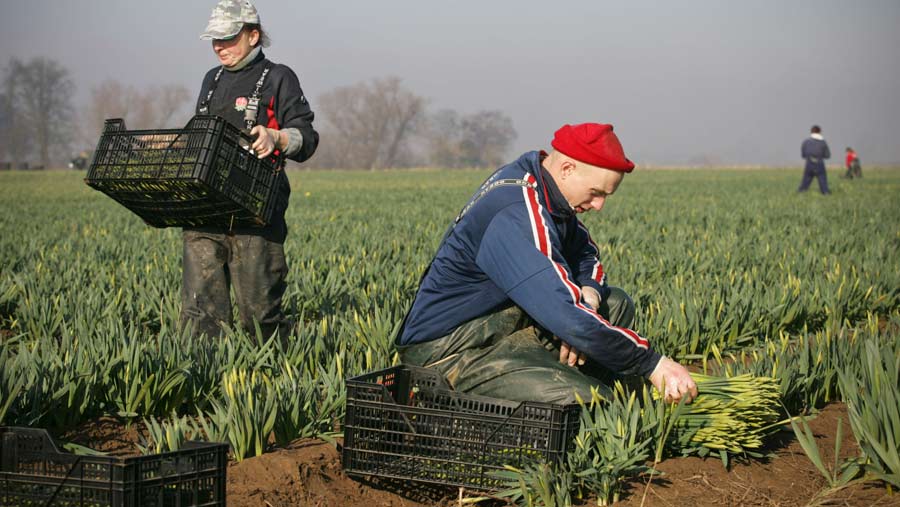Farmer’s across Wales are struggling to recruit enough workers to harvest their crops leaving some to offer ‘pick your own’ options for the first time to try and fill in the blanks, but farming unions say that, for larger farms, that is simply not an option.
Numerous factors, including repercussions from Brexit and the impact of the Covid-19 pandemic, are playing a significant role in the recruitment challenges.
Westminster has acknowledged that seasonal labour is a fundamental component of the country’s rural economy by saying: “We will continue to support our farmers and growers with the people they need, whilst making improvements to the Seasonal Workers route to stop exploitation and will take decisive action against anyone who breaks the rules,”
The UK government has increased the quota of seasonal worker visas by 15,000, raising the total number of individuals permitted to travel and assist in the country to 45,000.
But with the increase in visa numbers, why are farmers still struggling to find the workers they need to harvest their crops?
Even with the UK government’s expansion of available visas for international workers, some Welsh farmers continue to grapple with the issue of attracting seasonal workers. This predicament can be partly attributed to the lingering effects of Brexit and the pandemic, which created a tight labour market across various sectors, resulting in fierce competition among employers for those available workers.
While there are indications that this situation is gradually improving, the hurdles associated with recruiting seasonal workers persist. This type of work, characterized by its short-term and physically demanding nature, often affected by weather conditions, can pose particular challenges, especially for farmers in remote rural areas where transportation is more challenging, and the pool of potential workers may be limited.
Nevertheless, the importance of these seasonal roles remains undiminished, as they play a vital role in sustaining the agricultural sector.


















